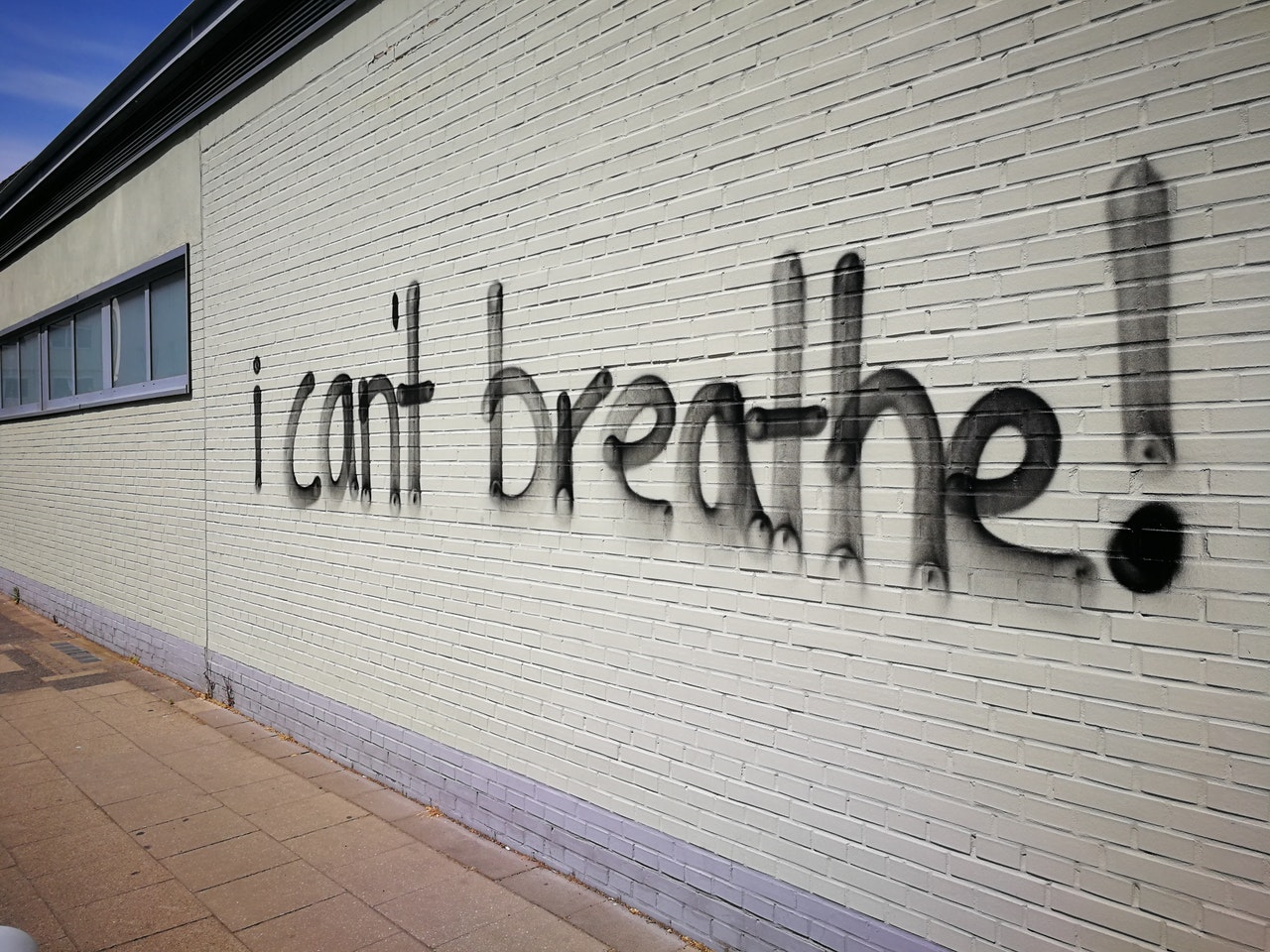Like many people across the country, I am distressed and outraged by the current and longstanding prejudice and violence against Black Americans. These past few weeks are symptoms of a long history of violence and oppression against Black Americans. As a psychologist, I am deeply concerned about the physical and mental health consequences of oppression and oppose racism.
A Start
During my doctoral internship year at UC Davis in 2007-2008, I had the opportunity to study under the clinical director Dr. Kristee Haggins. Dr. Haggins is a Black psychologist dedicated to cultural diversity training and creating environments for healing racial trauma (see Safe Black Space). Dr. Haggins and the diverse group of psychologists leaders at UC Davis CAPS utilized an ecological counseling model of human suffering-one that actively recognized oppression, inequity, and racism as root issues in psychological well-being. That year sparked a reflective and active practice of ongoing exploration of my White identity. I worked on my willingness to:
-
feel uncomfortable
-
be uncertain
-
welcome correction
-
acknowledge defensiveness
-
listen more and talk less
-
engage in ongoing education
-
commit to taking action
Reconnecting with a mentor
In June 2019, Dr. Haggins joined us for an interview on Psychologists Off the Clock. In the episode, she shared about racism, racial trauma, and tools for people of color to heal. Much of the episode focused on the recent shooting death of an unarmed Black man, Stephon Clark, by Sacramento, California police. The police shot Clark in his backyard. After 20 shots, all investigators found in the scene was a cellphone Stephon had been holding. The aftermath included protests in the city and ultimately change in California’s law, signed by Governor Gavin Newsom, for when law enforcement officers can kill.
Last week, we re-released that episode with Dr. Haggins after the shooting death of George Floyd. Her message for healing racial trauma holds true. And it’s troubling, but sadly not surprising how similar the stories of Stephon Clarke, George Floyd, and many others are to each other. How do we commit to real change?
My commitment now
All of this shows that as an individual and a White psychologist, I can be doing a better job to promote change.
-
As a professional, I will strive to recognize the influence of race and ethnicity in my practice and all aspects of living.
-
I see this as ongoing work that requires both awareness of values and committed action towards those values.
-
I aim to listen to and share under-represented voices on our podcast
-
I am using the following as resources in this process for myself and my clients.
Mental Health Resources for Healing Racial Trauma
-
Healing in the Face of Trauma Tool Kit, created by the Community Healing Network and The Association of Black Psychologists
- The Racial Healing Handbook: Practical Activities to Help You Challenge Privilege, Confront Systemic Racism, and Engage in Collective Healing by Anneliese Singh
For White People Who Want to Do a Better Job
Recommended Podcasts
Resources for Mental Health Professionals
-
Eliminating Race-Based Mental Health Disparities: Promoting Equity and Culturally Responsive Care across Settings by Monnica Williams, Daniel Rosen, Jonathan Kanter, and Patricia Arredondo
-
Racial Trauma and PTSD Reading List including critical papers, measures and assessments and treatment articles compiled by Dr. Monnica Williams
Mindfulness and Meditation Resources
-
Black Lives Matter Meditations with Dr. Candice Nicole
-
Awakening Together: The Spiritual Practice of Inclusivity and Community by Larry Yang
-
Mindful of Race: Transforming Racism from the Inside Out by Ruth King
Anti-racism for Kids
-
Anti-racism for Kids 101: Starting to talk about race by Booksforlittles
-
Racial Reconciliation Resources by Birds on a Wire
I hope you will join me on this journey, and I welcome hearing your voices and feedback. Many blessings and hope for change and healing.

+ show comments
- Hide Comments
add a comment